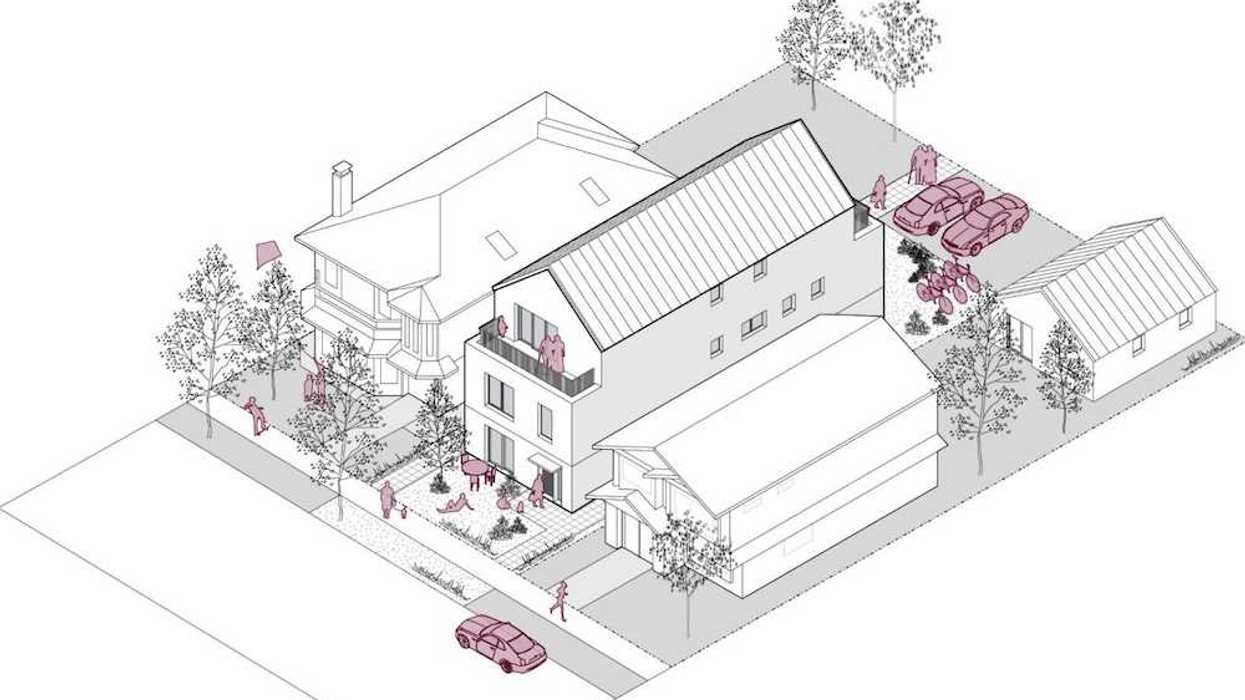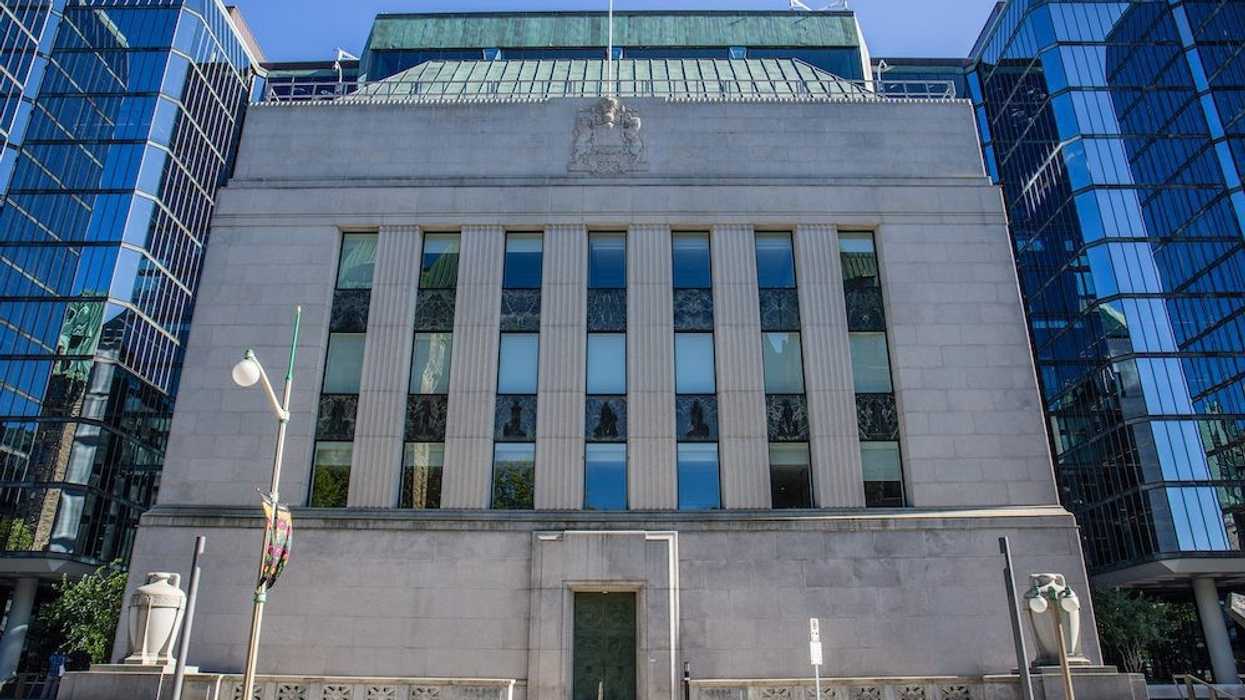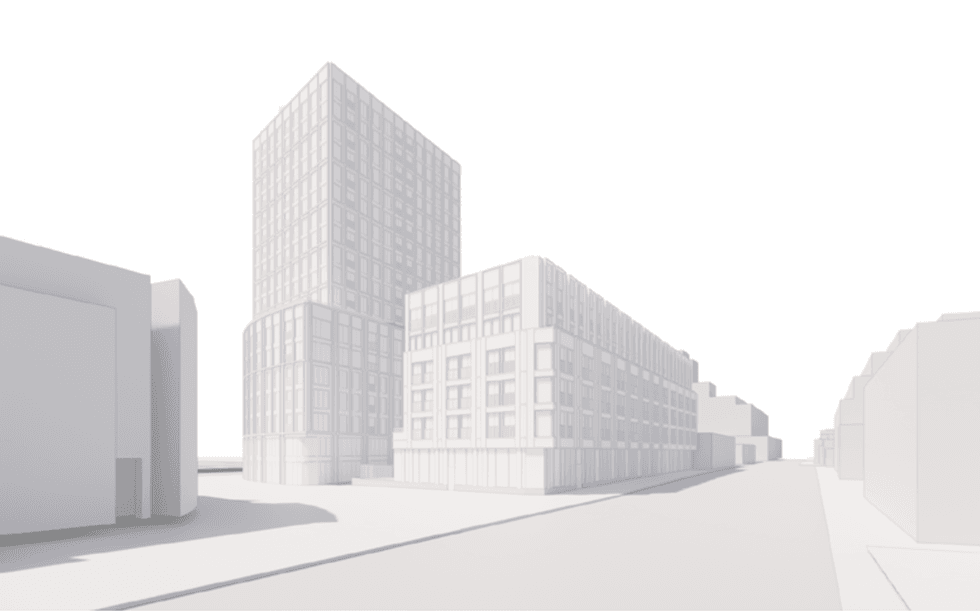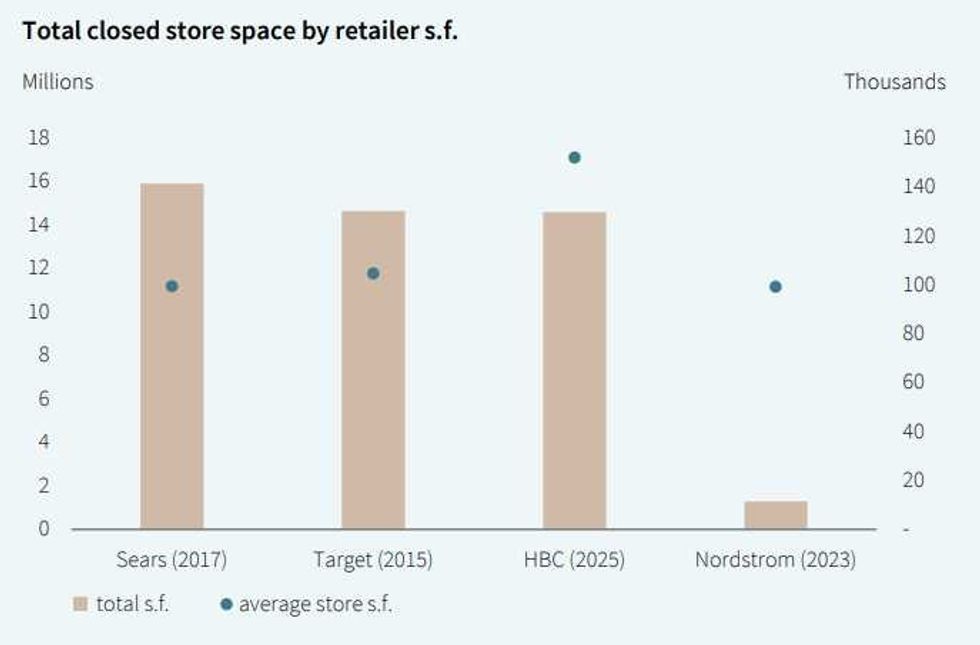Passive Income
Discover how passive income is earned through Canadian real estate, what properties generate it, and how to manage risk and maximize returns.

Escrow – Definition, Meaning, and Examples in Canadian Real Estate
May 22, 2025
What is Passive Income?
Passive income refers to earnings generated with minimal day-to-day involvement, often from rental properties or real estate investments.
Why Passive Income Matters in Real Estate
In Canadian real estate, passive income is a major incentive for owning income-generating properties. Landlords and investors earn monthly cash flow while the property potentially appreciates in value.Common sources of passive income include:
- Residential or commercial rent
- Real Estate Investment Trusts (REITs)
- Short-term vacation rentals
- Ground leases or land rental agreements
- Property management or hiring professionals
- Maintenance, repairs, and legal compliance
- Understanding tenancy laws and vacancy risk
Understanding passive income empowers individuals to build equity, reduce financial dependence on employment, and plan for retirement through real estate.
Example of Passive Income
An investor earns $1,200/month in net passive income from a duplex after covering mortgage payments, taxes, and maintenance expenses.
Key Takeaways
- Income with low day-to-day effort.
- Commonly earned through rental real estate.
- Supports long-term wealth generation.
- Requires planning, upkeep, and compliance.
- Must be reported as taxable income.
Related Terms
- Rental Property
- Cash Flow
- Real Estate Investing
- REIT
- Taxable Income

 Eric Lombardi at an event for Build Toronto, which is the first municipal project of Build Canada. Lombardi became chair of Build Toronto in September 2025.
Eric Lombardi at an event for Build Toronto, which is the first municipal project of Build Canada. Lombardi became chair of Build Toronto in September 2025.







 Rendering of 9 Shortt Street/CreateTO, Montgomery Sisam
Rendering of 9 Shortt Street/CreateTO, Montgomery Sisam Rendering of 1631 Queen Street/CreateTO, SVN Architects & Planners, Two Row Architect
Rendering of 1631 Queen Street/CreateTO, SVN Architects & Planners, Two Row Architect Rendering of 405 Sherbourne Street/Toronto Community Housing, Alison Brooks Architects, architectsAlliance
Rendering of 405 Sherbourne Street/Toronto Community Housing, Alison Brooks Architects, architectsAlliance


 Hudson’s Bay vacated about as much space as Target did in 2015. (JLL)
Hudson’s Bay vacated about as much space as Target did in 2015. (JLL)

 The Yonge Corporate Centre at 4100-4150 Yonge Street. (Europro)
The Yonge Corporate Centre at 4100-4150 Yonge Street. (Europro)